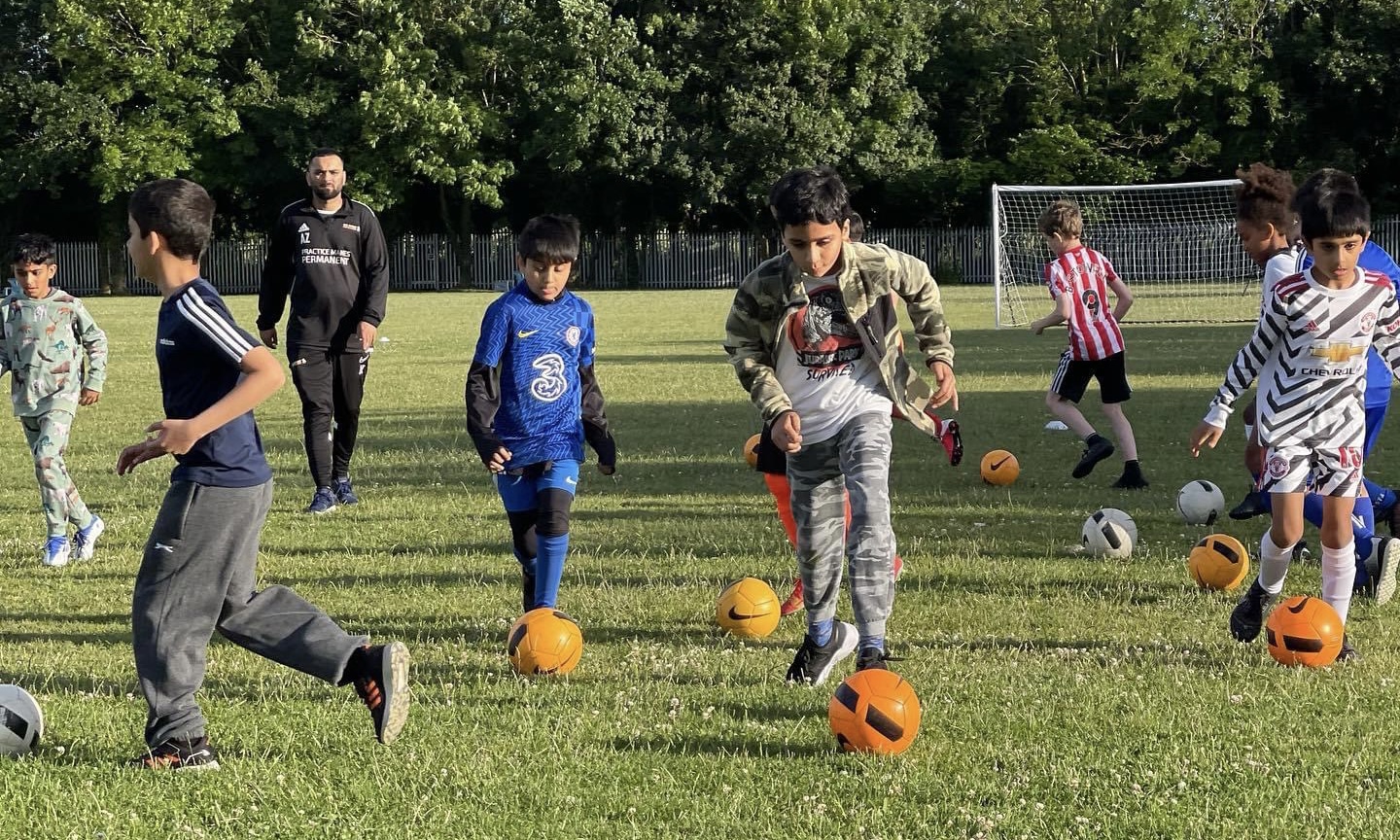How to promote your football coaching business
Football, It’s fantastic to be working in an industry that you are passionate about and this often leads to the motivation to succeed in business. There are thousands of “soccer schools” across the UK run by large companies, clubs, franchises or independent sole traders. What these all have in common is that they are providing football coaching as their product.
Promoting your classes and business, whether you are just getting started in business or more experienced can be a challenging thing to do. This post puts together a list of ideas to help you promote and market your football coaching business.
Competitors: What other soccer schools are in the area?
Football and childcare are some of the most competitive industries with companies, clubs, franchises and sole traders all providing football coaching and therefore competing for customers. You will need to know all about the local football scene and where players are getting their coaching from.
By now, you may (or may not) know what your target market is. We recommend starting with the basics and conducting a competitor audit in your local area. Try searching “football coaching near me” to see who your competitors are and create a spreadsheet with notes about each one. By doing this, you will gain an insight into your competitors.
Try to find out:
● what their coaching style is and how they attract players;
● what they are doing well;
● what you can learn from them;
● days to avoid running classes on;
● how they market their business.
Doing a competitor analysis or audit can be helpful in the growth of any business. It’s always important to stay in the know of your local market so we recommend performing these every 6 months. This research will also support any business loan applications you may be looking to submit in the future, so it’s a great idea to keep this business research saved.
Promoting your Football Business Online
Nowadays, having an online presence is a must, even for local businesses. Most potential customers will type into google whatever they are looking for instead of going down to the local community centre for advice, waiting for a leaflet to come through their door or walking around town looking for a service. A simple google search offers the customer their local options within seconds and there are some very simple things you can do to get online.
It’s a great idea to setup social media accounts for your business and post regularly. By using hashtags, location markers and captions relevant to your football coaching business and local area, local people will start to see your postings in their feed. Remember to be direct with your current clients by asking if they follow you yet to increase your reach or if they will leave a
review to boost your profile and online ranking.
Producing content such as blogs on your website is also a great way to engage with your current customers and attract new/potential customers. By creating valuable and insightful content that people find useful, you will generate valuable customer engagement.
Remember, the football coaching industry is extremely competitive, using your online resources is a key way to beat competitors and attracting new players from the start.
To find out more about the approach our Franchisees have to take towards online marketing, and in particular their social media, then take a look at this interview with Coach Russell, our WMF MK Franchise owner.
Advertising your Coaching Service Offline
We believe that local businesses can have a fantastic impact in their communities by being active and engaging with the local area. This can be done in many different ways, from volunteering to school talks to leafleting.
By increasing your presence in the community, your football coaching business will gain traction and create conversations. Ever heard of “the power of word of mouth”? Have a think about what you can do in your community to make you and your football coaching business stand out! This will play a huge role in the success of your business -as more people recognise your brand, make recommendations and review your services, you will increase your presence in the area.
It is important to remember the power of “brand advocates” (clients, coaches or players who love your business and actively promote your services in the area), so always ensure you are taking great care of your existing clients and your community.
The essentials of Marketing your Football Business
Promoting a football coaching business can be a challenge as each local community is different and attracting new players is a challenge. It may be that specific forms of marketing and promotion work best, but it always important to continually analyse the return and effectiveness of the work you are doing. Competitor analysis is undoubtedly the best place to start. The online and offline strategies above are some starting points to create quick promotion of your business in your local area.
We Make Footballers are a nationwide, innovative football coaching franchise that has been running for over 10 years. Our mission is to improve the football environment and experience for all to help England become the best footballing nation.  The second part of our mission is to empower passionate individuals to work in an industry they love, whilst achieving their financial goals and positively impacting their communities.
The second part of our mission is to empower passionate individuals to work in an industry they love, whilst achieving their financial goals and positively impacting their communities.
Whether you decide to launch/continue your football coaching business with us or without us, we hope that you can help us work towards our mission and improve football for all.












